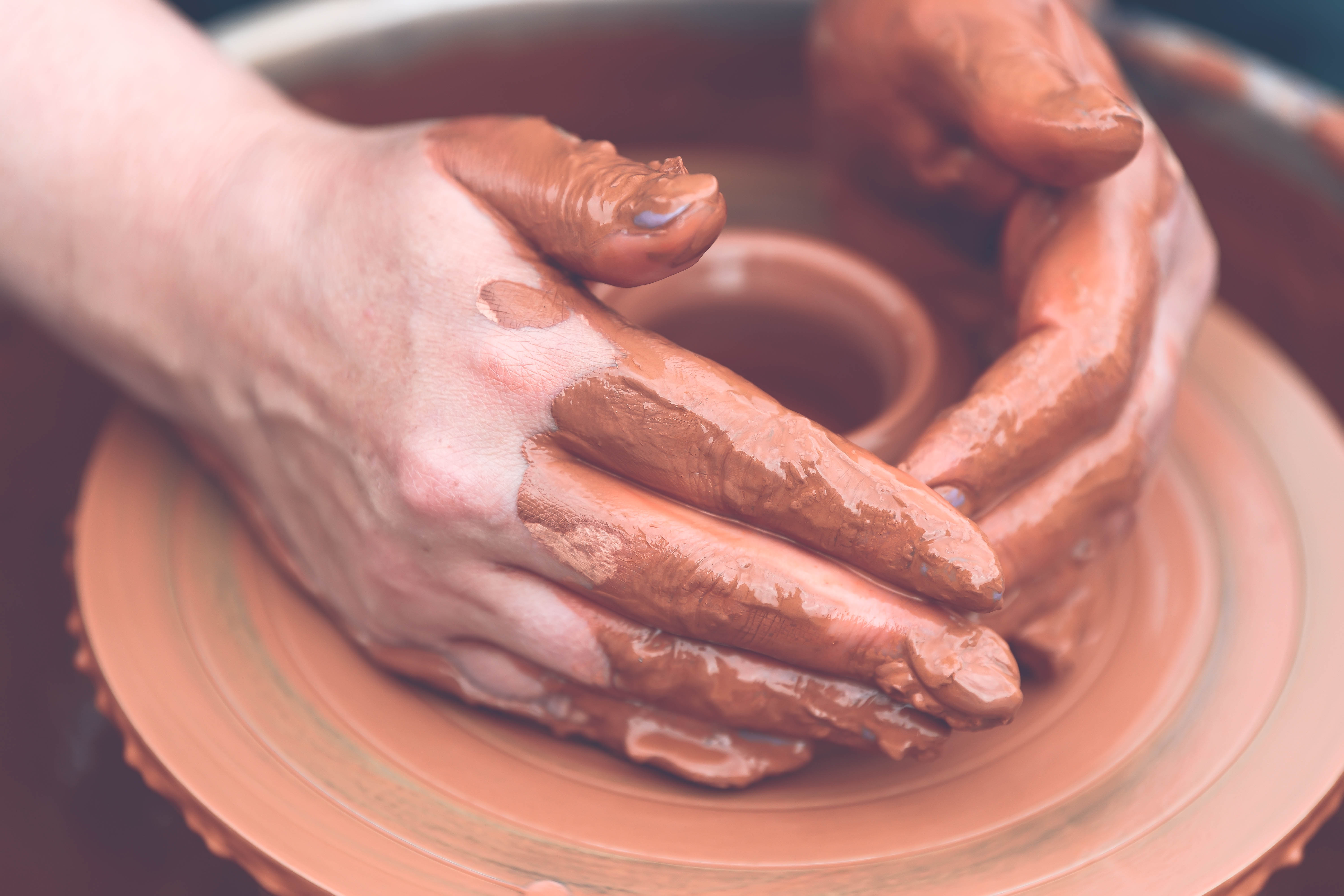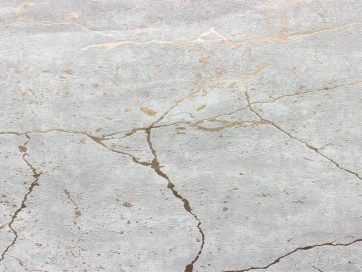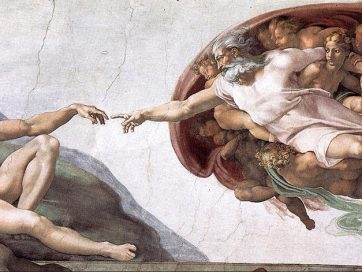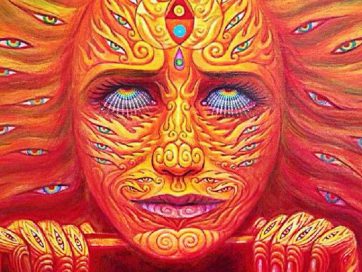
Every week, in my professional milieu, I have the privilege of coming across excellent and promising ideas. However, after some time, only a few of these tantalizing ideas materialize into something worthwhile; many are lost along the way, and even those that are carried to fruition, when actually seen in their final form, no longer seem to have their original allure.
The reason this process is flawed lies in an age-old and well-known conflict: “quality × quantity,” which I believe has never been so explicit and lopsided as today. Fast delivery is what matters. Planning, testing, erring, redoing, refining, and attaining an excellent product or service is becoming synonymous with utopia.
Yet, at one point in history, there was a movement that sought to rebuild and redeem values and references from a prior period to put society back on a path of evolution. This movement called for a rebirth – or, better still, a renaissance.
And, indeed, the Renaissance, founded on the precepts of humanism, placed man at the center of everything and instigated him to become the quintessential canvasser of nature. The brilliant cultural and scientific flourishing of the Renaissance gave rise to a sentiment of optimism, positively opened man to the new, and emboldened his spirit of inquiry. Religion was no longer above the human intellect. Man, an intrinsic artist, ceased being a simple artisan, and became a scholar, or even a polymath.
In the Renaissance, the intellect was to become more refined and cultivated. To think actively (i.e., to reason and question) was essential. To be curious and humble was almost compulsory. When we think of Leonardo da Vinci, it becomes easy to understand why. The great genius of the Renaissance (and of all history) had an insatiable curiosity that was matched only by his capacity for invention. His humility manifested itself in the multiple talents and qualities that are inherent in artists – and although Da Vinci is better known as a painter, he also distinguished himself as a scientist, mathematician, engineer, inventor, anatomist, sculptor, architect, botanist, poet and musician.
To learn, one must have the humility to listen, to know one’s limits (even if only to overcome them), and to acknowledge mistakes and evolve. On the strength of this thesis, I argue that intellect and humility must go hand in hand. At the heart of humility resides the real person, the strong and eternal man or woman, because humility requires enormous inner resources. A humble individual is someone who has learned to deal with his or her own emotions, and to arouse the goodwill of others to engage them. When striving to build greatness, people must capture the energy of others, rather than oppose them. The Industrial Age may have seized the value that people used to attribute to the whole, as humility came to be seen as socially backward and creativity was once again discarded by humanity (albeit not explicitly).
This truth seems to exist in various segments of society. In the corporate world, for instance, there is huge waste of time, humility and intellect because of the distorted notion that, in production, dynamism and quantity are worth more than the creative quality of those who place the consumer and satisfactory product performance first. What ensues are mere clones of ideas or products, measly copies of conspicuous people or companies, while the holes of bankruptcy are dug by the simple lack of goodwill and originality.
In our own Age of Knowledge, people are increasingly voracious to consume, even as they seek a more humanistic and humanitarian meaning for their existence. What ensues, however, is a feeling of less value, as if getting ahead at any cost is one’s main goal in life. Human vanity conflicts with the reality one’s wishes to attain. We can certainly become more productive than any other generation because, with our unparalleled technological advancement, we have an abundance of tools to help us manage time and drive our creative intellect. But we need to open ourselves to change.
As is customary to say, sometimes we need to take a step back in order to advance two steps forward. If we act upon this logic, it’s interesting to consider the hypothesis that, in order to grow, whether culturally, politically or socially, a certain kind of rebirth, or renaissance, is required of us. Thus, in an environment conducive to innovation, free from “ironclad” paradigms of thought, we’ll not only have the opportunity to live among the “Da Vincis” of the new millennium, but also, above all, to recognize them, perhaps even within ourselves.







